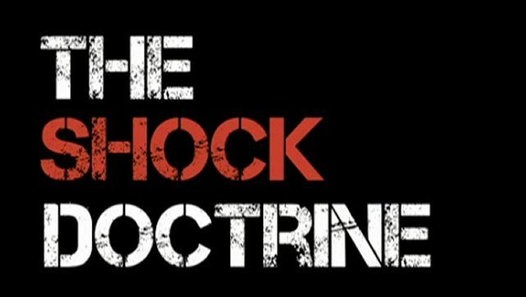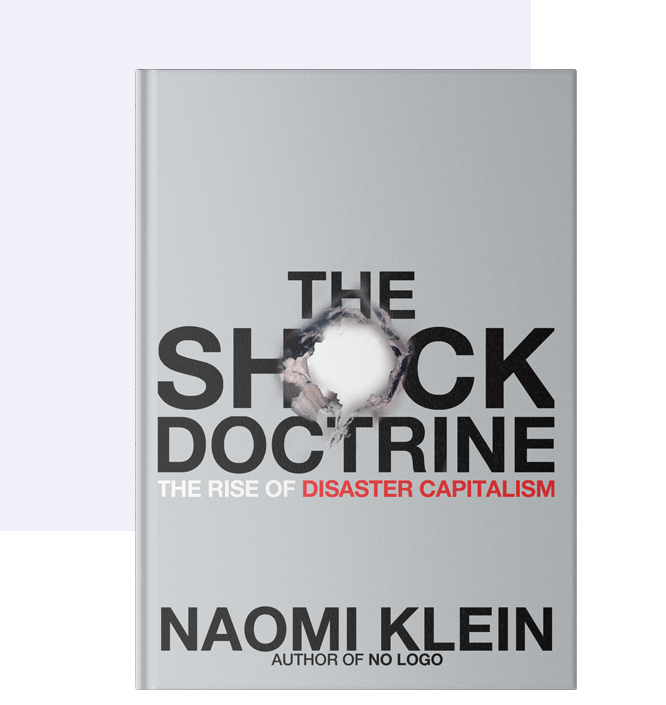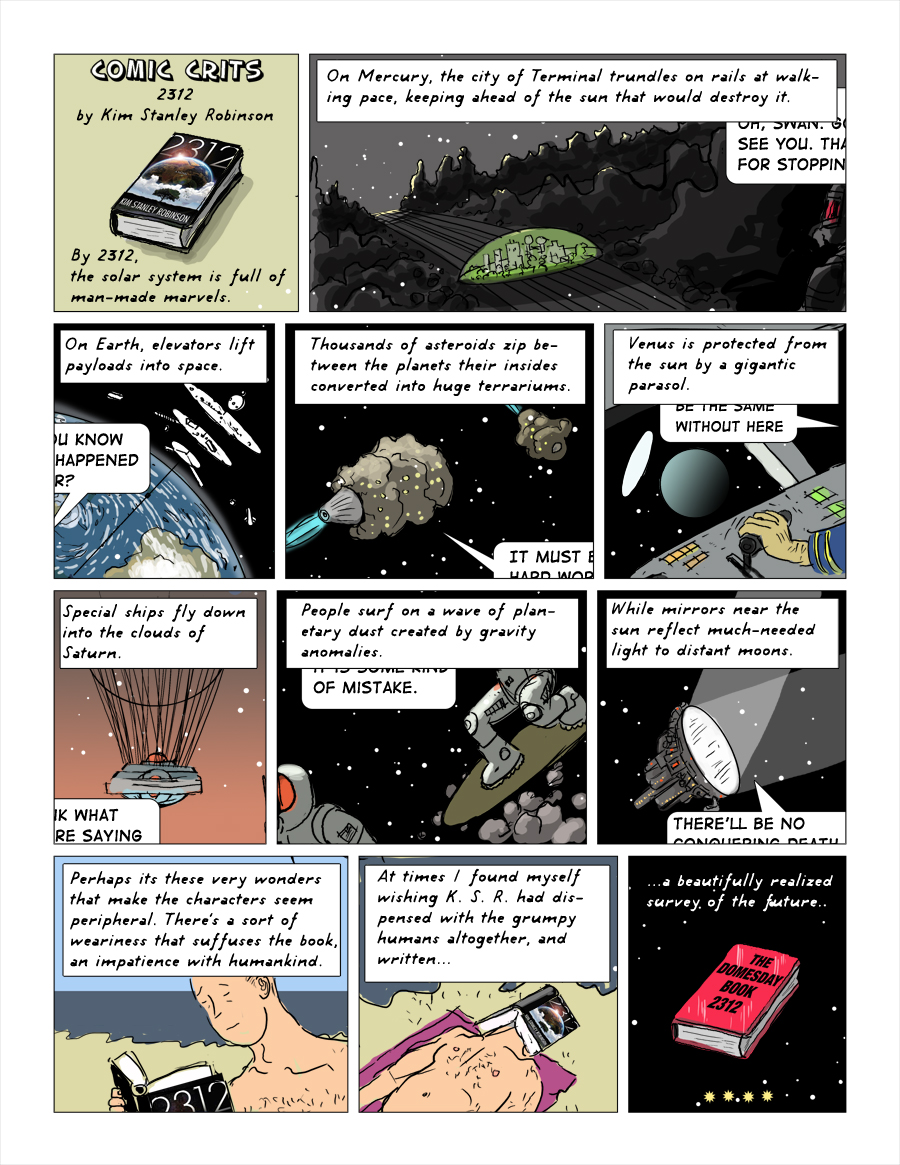The trope that automation is coming for your job is a discourse trend as old as Aristotle. The discussion generally asserts automation and technology are developing at such a rapid rate that eventually all employment sectors will cease using human labor or else disappear entirely. Today the banner is carried by self-identified Futurists, Automation Theorists, and Tech Entrepreneurs all of whom I prefer to refer to as Tech Bros. Not just because the overwhelming majority of them are men but also because they seem to peddle in the Stoner-Older-Brother branch of philosophy.
The recognizable cast ranges from people I find infuriating like Elon Musk or Bill Gates to people I have a lot of respect for like Robert Reich or Andrew Yang. Of course, these are just the big names, there is a whole host of academic writers and other bros who argue that jobs like truck driver, grocery store clerk, manufacturing laborer, etc are going to rapidly disappear, and indeed already have due to technological innovations.
That's all in one corner, in the other corner is Aaron Benanav; New Left Review contributor and researcher at Humboldt University of Berlin. In Automation and the Future of Work, Benanav sets out to dispel the biggest myths in the automation discourse. While he certainly appreciates the spirit and value of the post-scarcity world that the Tech Bros articulate, his skepticism is reserved for the main thrust of the proposed narrative. Automation theorists have gotten wrong what's happened, what's going to happen, and what we should do about it.
What Happened?
This challenge takes up the lion's share of the argument. For one, it's really the crux of the whole premise; if automation theorists are wrong about what happened thus far, their predictions for what's to come, being based largely on that narrative, are also less likely. It's also a pervasive and widely held belief, espoused by high profile people like Barack Obama, that automation has decimated our employment sector and many jobs with it.
Not only is this largely untrue, it doesn't even make the argument the Tech Bro's often think it does. Benanave takes on two favored examples; the disappearance of jobs and the deindustrialization phenomenon.
 |
| The history of unemployment suggests it's caused by shitty economies |
To the extent that jobs have disappeared, human labor has not. Some ancillary and illustrative examples are in fields like sewing or construction. Robots have yet to be able to mass-produce tiny assembled components or sew garments, these jobs weren't automated out of existence in the US they were traded away, offshored, they're still done by humans at a massive scale. Construction fields still use tons of humans, while automated tools help make the jobs easier, they don't eliminate the work any more than getting a vacuum or a dishwasher means you don't have to do any labor associated with those tasks. While some skilled jobs no longer exist, a larger number of unskilled, lower-paying jobs have emerged. Using the elimination of certain jobs simply does not prove that the need for human labor is decreasing.
The trickier argument to be made is in manufacturing. Living in Metro-Detroit, it's easy to juxtapose images of hundreds of people on an assembly line piecing a car together in the past with the modern spider-like automation lines that assemble car frames with minimal human input. And to be clear, many people's jobs have been replaced with robots in this way, but the question still remains; is the reduced demand for human labor in manufacturing for that reason entirely? The fact is there are many jobs done by humans in manufacturing facilities (some are even complaining about skilled labor shortages). The real problem as Benanav's data shows is that plants don't need to hire as many people because fewer people are buying the shit we produce. Lower productivity levels mean fewer people hired, this can happen even when there is a high demand for human labor. This is called the productivity paradox, a phenomenon that would not exist if automation had obliterated a genuine need for people.
Put another way, technology has allowed us to deindustrialize while still producing a large quantity of goods, but without the accelerated demand for these goods, there is no need to hire more people or even, as GM recently showed, keep plants open. This drove many workers into the land of underemployment in the service sector, where the demand for human labor is still high.
So while technology has killed some jobs, we are still facing a massive demand for human labor as evidenced by our abundance of labor shortages; teacher shortages, truck driver shortages, engineering shortages, medical and home care worker shortages. Automation hasn't killed even a fraction of the jobs that our poor economy has and it hasn't met the demand for human labor in key employment sectors. What are the Tech Bros talking about?
What's Going to Happen?
So far it seems that automation has just worsened a job distribution problem. It's killed certain jobs, but not the demand for human labor. Just because the Tech Bros were wrong about what has happened so far, doesn't mean they're wrong about what will happen. No, automated checkout stations have far from decimated the service sector, barely autonomous vehicles haven't driven armies of drivers out of their field (quite the opposite), but will rapidly emerging technologies? Benanav joins a number of commenters noting we're more likely headed to a "good jobless future" rather than a "jobless one".
Benanav draws attention to studies like those from the Oxford Martin School or the OECD that predict anywhere from 32 - 47% of jobs are "at high risk of automation". Lots of these studies are cited by the Tech Bros who hold them aloft like "the End is Nigh" signs. A lot of implications are developed from "graphs of exponentially rising computing capacities - with Moore's law of rising processor speeds standing in for technical change in general".
Benanav's central beef with what the future holds is one of the more convincing arguments in the book and is worth quoting at length:
"In reality, technological development is highly resource intensive, forcing researchers to pursue certain paths of inquiry at the expense of others. In our society, firms must focus on developing technologies that lead to profitable outcomes. Turning profits off of digital services which are mostly offered to end users for free online, has proven elusive. Rather than focus on generating advances in artificial general intelligence, engineers at Facebook spend their time studying slot machines to figure out how to get people addicted to their website, so that they keep coming back to check for notifications, post content, and view advertisements. The result is that, like all modern technologies, these digital offerings are far from socially neutral. The internet, as developed by the US government and shaped by capitalist enterprises, is not the only internet that could exist. The same can be said of robotics: in choosing among possible pathways of technological progress, capital's command over the work process remains paramount. Technologies that would empower line workers are not pursued, whereas technologies allowing for detailed surveillance of those same workers are fast becoming hot commodities. These features of technological change in capitalist societies have important implications for anyone seeking to turn existing technical means toward new, emancipatory aims. Profit-driven technological advances are highly unlikely to overcome human drudgery as such, at least on their own, especially where labor remains cheap, plentiful, and easily exploited" (from page 41).
What To Do?
One thing Automation Theorists get right is that losing a job in a country like the US (interestingly enough Benanav points out in European and Asian countries automation is seen as a job creator) does a substantial amount of harm. While job loss isn't an indicator of massive automation takeover of employment sectors, it does hurt those most affected. The problem is that because the Tech Bros got the rest of their narratives wrong, their solutions aren't aimed in the right place.
Benanav focuses on two Tech Bro solutions; the UBI and Keynesian stimulus. I'm going to focus on UBI specifically because I've never seen anyone of any profile suggest that a Keynesian stimulus is a solution to automation in the job sector and the inclusion of this solution is weird because it would assume those making it agree that it's an economic slowdown and not automation killing the jobs in the first place.
To be clear, supporting a UBI is nothing to be too critical of, but Benanav even supports it as part of a broader solution to capitalism, just not as a solution to automation. The issue with the Tech Bro notion of a UBI is that it tries to answer the question; what to do with the unemployed. This seems like the right question to ask, except if masses of people aren't already permanently unemployed and they're not going to be, UBI will only address the issues of unemployed people. The rest of those who moved from the industrial sector to the service industry, or the mass of employees across the globe who are still engaged in human labor, will not stand to benefit as much if at all.
This is mainly because the Tech Bro UBI, although it's worthy of support as a distributive policy, still leaves systems of exploitation of human labor in place. It does this precisely because Tech Bros don't believe that human labor will even exist. Except it will, all over the world. Benanav's solution to the death of individual jobs is a more robust welfare state (it might even feature a UBI) for the unemployed, but also expanded worker representation, protections, and share of profits for workers who will still be doing human labor across the globe.


























